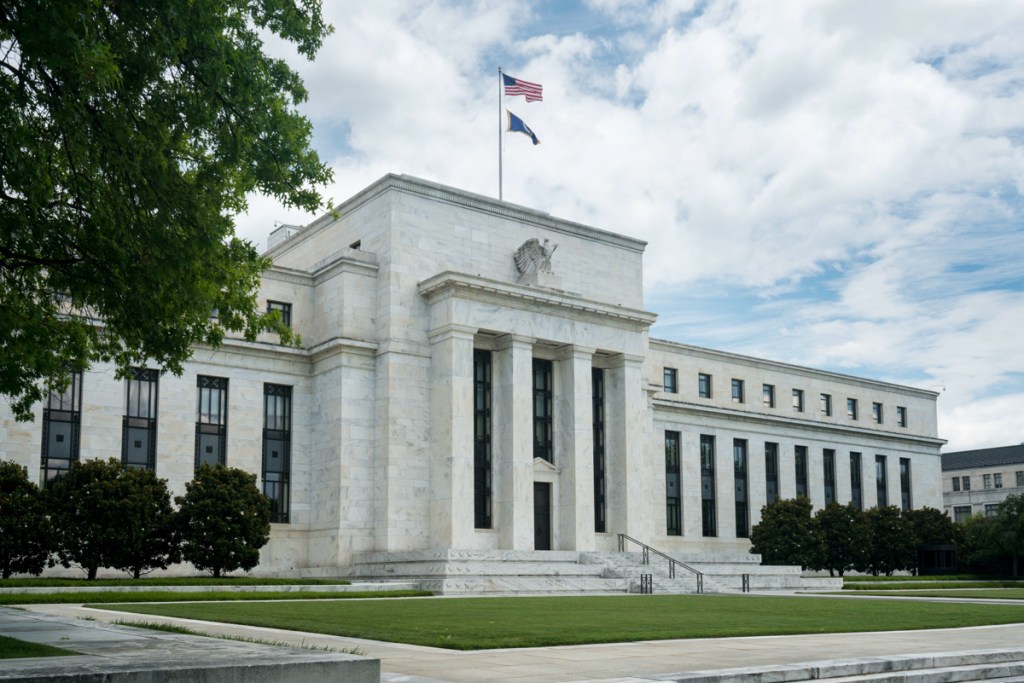Officials at the Federal Reserve this week signaled that it’s too early to declare victory in the battle to bring inflation back to the 2% target, despite some signs of improvement. That could tamp down optimism for a speedy rebound for the mortgage industry.
According to the minutes from the Federal Open Market Committee (FOMC) meeting in December – in which officials raised the federal funds rate by 50 basis points – monetary policymakers agreed that the inflation data in October and November was promising. It showed that the pace of price increases was slowing.
“But they stressed that it would take substantially more evidence of progress to be confident that inflation was on a sustained downward path,” according to the Fed minutes released on Wednesday.
Consequently, no participants on the committee anticipated that it would be appropriate to begin reducing the federal funds rate target in 2023. However, they plan to maintain a flexible approach to monetary policy, meaning they’ll be making decisions meeting by meeting.
“Because monetary policy worked importantly through financial markets, an unwarranted easing in financial conditions, especially if driven by a misperception by the public of the Committee’s reaction function, would complicate the Committee’s effort to restore price stability.”
What does it mean for mortgage rates and the housing industry?
Despite the challenging landscape, housing economists believe rates will still head south this year.
Easing inflation brings hope for better mortgage rates
On Thursday morning, the weekly Freddie Mac survey showed 30-year fixed-rate mortgages at 6.48% as of January 5, six basis points higher than the previous week. (Mortgage rates averaged 3.22% one year ago.)
Meanwhile, the Mortgage Bankers Association (MBA) estimates that the same rate with conforming loan balances ($647,200 or less) increased to 6.58% for the week ending December 30 from 6.42% in the previous week.
“While mortgage market activity has significantly shrunk over the last year, inflationary pressures are easing and should lead to lower mortgage rates in 2023,” Sam Khater, Freddie Mac’s chief economist, said in a statement.
He added that, “Homebuyers are waiting for rates to decrease more significantly, and when they do, a strong job market and a large demographic tailwind of Millennial renters will provide support to the purchase market.”
Bob Broeksmit, MBA’s president and CEO, concurred: “Although mortgage rates have increased slightly in recent weeks, MBA expects them to fall to around 5.2% by the end of 2023. We project lower rates and rising inventory levels as two positives for households wanting to buy a home in 2023.”
But all eyes are on the labor market
Mortgage rates tend to move with the bond market, and it’s been ahead of the Fed, said Logan Mohtashami, lead analyst at HousingWire.
“The Fed clearly is at the challenging talking stage as they’re coming to the end of their rate hike cycle,” Mohtashami said. “The inflation growth rate has been falling slowly, but the Fed does not want financial conditions to ease until they get their job loss recession.”
Mohtashami said the labor market data is now “very key” for 2023.
On Thursday morning, the Department of Labor reported that new filings for unemployment benefits in the week ending December 31 were 204,000, decreasing 19,000 from the previous week’s revised level. It was enough for yields on the U.S. 2 and 10-year Treasury notes to jump.
“Mortgage rates will move with the bond market, and the bond market knows the inflation growth rate is falling. But as soon as they see the labor market break, the bond market can head lower, sending mortgage rates lower,” Mohtashami said.






